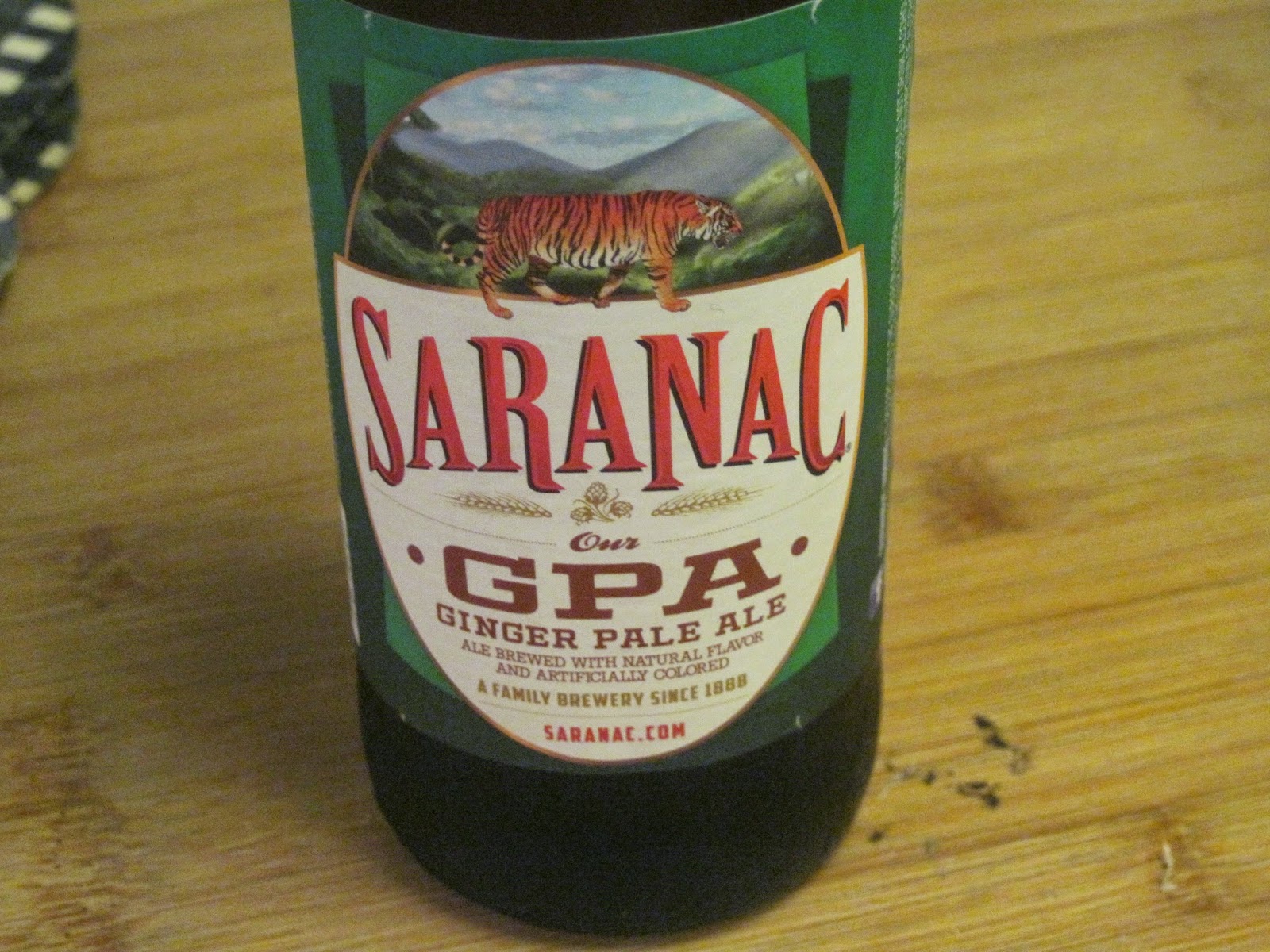While the Monday Night post usually reflects a Sports/Torah crossover, I occasionally deviate from the format during the Aseres Yimei Teshuva (10 days of repentance) to discuss a derasha or thought that I had read which I found inspiring. Here is a brief summary of one such thought.
On the first night of Rosh Hashanah, there is a custom to eat foods which have symbolic significance including fish, carrots, pomegranates, celery (my sister claimed that it should be eaten with raisins as a segulah for parnasah), dates, beets and of course apples dipped in honey.
When eating the carrots/pomegranates there is a prayer which is said that Hashem should increase our zechuyus (loosely translated as good deeds). The Sefer "Shalal Rav" asks - how can we pray that our good deeds should increase if its within our hands? On a similar note, the prayers during the Aseres Yimei Teshuva ask that we should be inscribed in the book of good deeds. But again, isn't this in our hands?
The Shalal Rav answers by making reference to the story of how King Shaul utilized a necromancer to raise the spirit of the Navi Shmuel in order to ask him a question. When Shmuel came "up" he was scared and the meforshim explains that the reason he was scared was that he was concerned about facing a judgment day. The meforshim ask - but wasn't he already judged when he died? They answer that every year after a person dies, he is judged as to the results of his actions - if he inspired others to do mitzvos he will receive reward. But if he inspired others to sin the results are not so positive. Shmuel was afraid that he was facing this judgment.
The Shalal Rav explains that when we ask to have our zechuyus increased, we are asking that those who we inspired should be given opportunities to utilize what they learned from us so that our zechuyus will increase.
The concept actually ties into a gemara in Chagigah 22a (last Tuesday's daf yomi!) which discusses how a tzaddik can have places in two worlds and a rosha could as well. The gemara explains that a tzaddik who inspires others to do good earns his place in the world to come, as well as piece of those who he has inspired. Similarly, the rasha picks up his place below and a piece of those who he inspires.
The concept ties into a story that I heard from R' Zev Cohen of Adas Yeshurun. when I was in Chicago over Pesach. The story involved R' Meir Shapiro, the formulator of the daf yomi cycle. As related by R' Cohen, soon after the Rosh Hashanah when the first daf yomi cycle began, R' Shapiro received a letter from his sister. She wrote that she had a dream the first night of Rosh Hashanah that their mother was being honored in shamayim and was wearing a crown. The obvious correlation that the sister drew was that because R' Shapiro had initiated the daf yomi cycle that Rosh Hashanah, whereby many people would become a system of learning gemara, their mother was being honored for his actions.
However, R' Cohen explained that there was more to the story. When R' Shapiro was a seven year old boy, his mother hired a tutor to come and learn with him because he was so far ahead of his classmates.
One day, his family moved from one city to another and his mother arranged to have a new tutor come to their house in the new city on the day that they arrived. After unpacking, the mother sat with young R' Meir waiting for the tutor. As the hours wore on R' Shapiro's mother broke down and started crying. When he asked her why she was crying, she explained - "it's a day without Torah, its a day without learning."
It was this lesson which R' Cohen believed was the motivation for R' Shapiro to begin the daf yomi program so that no day would be without Torah. Is it any wonder that his mother was honored in shamayim because she had inspired her son to create a daily learning program?
If you have seen this post being carried on another site, please feel free to click www.kosherbeers.blogspot.com to find other articles on the kosherbeers blogsite. Hey its free and you can push my counter numbers up!






